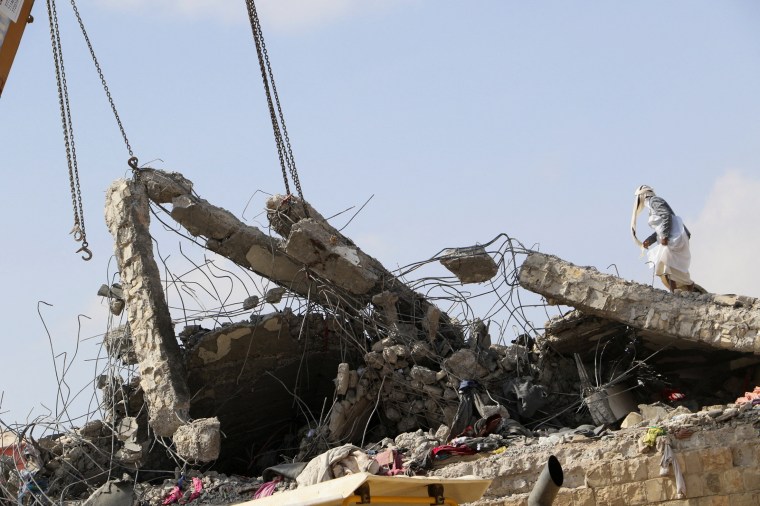New York, January 21, 2022 – The Committee to Protect Journalists is monitoring with concern the aftermath of a series of Saudi-led coalition airstrikes that killed at least 70 people and cut off nearly all of Yemen’s internet access after hitting a telecommunication facility in the Red Sea port city of Hodeida on Friday.
“Journalists in Yemen have been reporting on civilian casualties and humanitarian emergencies throughout the conflict, and the coalition bombing of telecommunications facilities has now plunged them into the dark,” CPJ Senior Middle East and North Africa Researcher Justin Shilad said. “While we don’t yet know whether any reporters were among those killed or injured in this strike, we do know that the Saudi-led coalition has previously targeted media outlets and communications infrastructure. All sides to the conflict, must immediately stop targeting journalists, media outlets, and the infrastructure that connects them to the outside world.”
The international digital rights group Netblocks reported that Yemen’s internet was still out on Saturday morning local time.
According to The Associated Press, the majority of Yemen’s population accesses the internet through an undersea cable that connects the country via the telecom facility in Hodeida, which is run by the telecommunications monopoly TeleYemen. Both Hodeida and TeleYemen are under the control of the Ansar Allah group, known as the Houthis, which have controlled large swaths of North and West Yemen and the capital Sanaa, as well as state institutions in those regions, since 2014.
At least seven journalists have been killed in Yemen by Saudi-led coalition airstrikes since the beginning of the military intervention in 2015, with the most recent occurring in 2018 when the coalition bombed a radio transmission center in Hodeida Governorate, CPJ reported at the time.
CPJ emailed the Saudi Ministry of Defense for comment but did not immediately receive a response.
